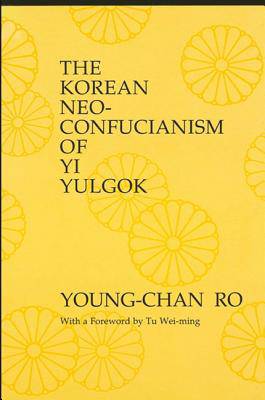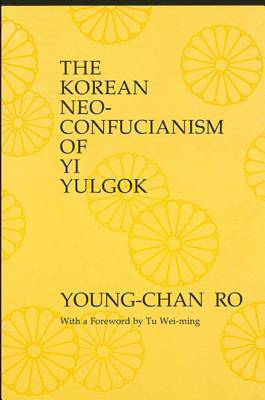
- Retrait gratuit dans votre magasin Club
- 7.000.000 titres dans notre catalogue
- Payer en toute sécurité
- Toujours un magasin près de chez vous
- Retrait gratuit dans votre magasin Club
- 7.000.0000 titres dans notre catalogue
- Payer en toute sécurité
- Toujours un magasin près de chez vous
Description
This book explores the philosophical and religious dimensions of Korean Neo-Confuciansim as expounded by one of the foremost Korean Neo-Confucian thinkers, Yi Yulgok (1536-1584). Yulgok's creative interpretations reformulate some fundamental issues of Confucian philosophy. This book explores the significance of the fundamental assumption which underlies the entire system of Yulgok's Confucian thought. That philosophical assumption is characterized by the author as 'non-dualistic' and 'anthropocosmic'.
It is a unique aspect of Korean Neo-Confucianism which leads to a new way of understanding the Confucian world view and spirituality. This 'non-dualistic' vision sheds a new and critical light on the dialectical framework of thinking at work in Western formulations of understanding the ultimate reality, nature, the universe, and human being. The 'anthropocosmic' vision in this respect will challenge fundamental assumptions of Western theological formulation and suggest a new understanding of human nature and the universe.
A 'non-dualistic' and 'anthropocosmic' interpretation of Yulgok's thought is a fruitful way of approaching the Korean way of thinking and of coming to grips with one Neo-Confucian mode of attaining human self-understanding.
Spécifications
Parties prenantes
- Auteur(s) :
- Editeur:
Contenu
- Nombre de pages :
- 154
- Langue:
- Anglais
- Collection :
Caractéristiques
- EAN:
- 9780887066559
- Date de parution :
- 01-07-88
- Format:
- Livre relié
- Format numérique:
- Genaaid
- Dimensions :
- 158 mm x 233 mm
- Poids :
- 399 g

Les avis
Nous publions uniquement les avis qui respectent les conditions requises. Consultez nos conditions pour les avis.






